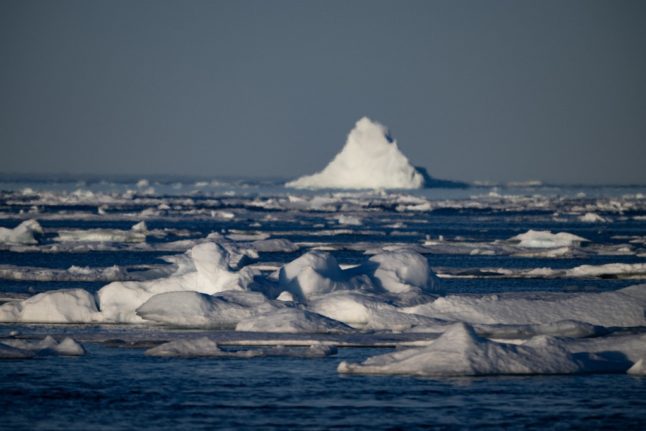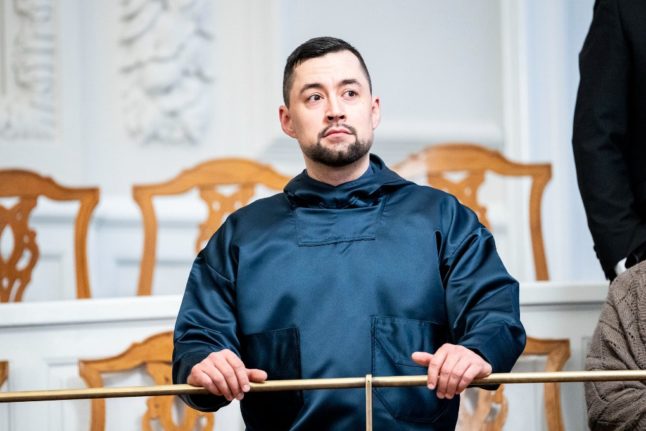After the warmest July ever recorded at Summit Camp atop Greenland’s ice sheet, the expedition members sailing the country’s east coast are acutely aware of the urgency.
“The risk that we have here is the disappearance of the complete ecosystem,” Eric Marechal, director of research at the French National Centre for Scientific Research (CNRS), tells AFP on board the sailboat Kamak.
In addition to the icebergs — which in some areas blanket over half of the fjord — the scientists also need an armed escort to protect against polar
bears.
But for the researchers, facing the harsh environment is a risk worth taking for rare access into one of the world’s most isolated ecosystems.
“We see that global warming is really entering a strong phase here. So we need to document that,” says expedition leader Vincent Hilaire.
The expedition, arranged by the volunteer-run French initiative Greenlandia, aims to understand climate change’s effects on Scoresby Fjord and its inhabitants.
Frozen in ice for eleven months of the year, the planet’s largest fjord system, which remains vastly understudied, is a challenge to manoeuvre even
for a seasoned crew.
“There is a big gap between what we see on the maps and the reality, so we have to move forward carefully,” says Kamak’s captain David Delample.
The warm sunlight carves pathways of melting snow on the sides of the icebergs, while the thundering sound of calving glaciers surrounding the fjord fills the air.
Some icebergs are chiselled monoliths of blue ice towering above the sea taller than the Arc de Triomphe monument in Paris, others smooth mounds with cascading layers of white snow.
The danger of the boat getting crushed between the mammoth blocks of ice is tangible, and the sound of the frozen giants banging against the ship’s hull ensures an uneasy slumber.
The only human settlement within a 500-kilometre radius is the Greenlandic town of Ittoqqortoormiit near the mouth of the fjord, with its 300 or so inhabitants.
The scientists are working against the clock, well aware the fjord will freeze over again by mid-September.
“The future scientific generation will observe a massive melting in Greenland,” Hilaire says.
For the team, filling the knowledge gap in the research of this remote region before it changes is essential to guide policy in the future.
“We will give them the maximum amount of samples,” Hilaire says.



 Please whitelist us to continue reading.
Please whitelist us to continue reading.
Member comments